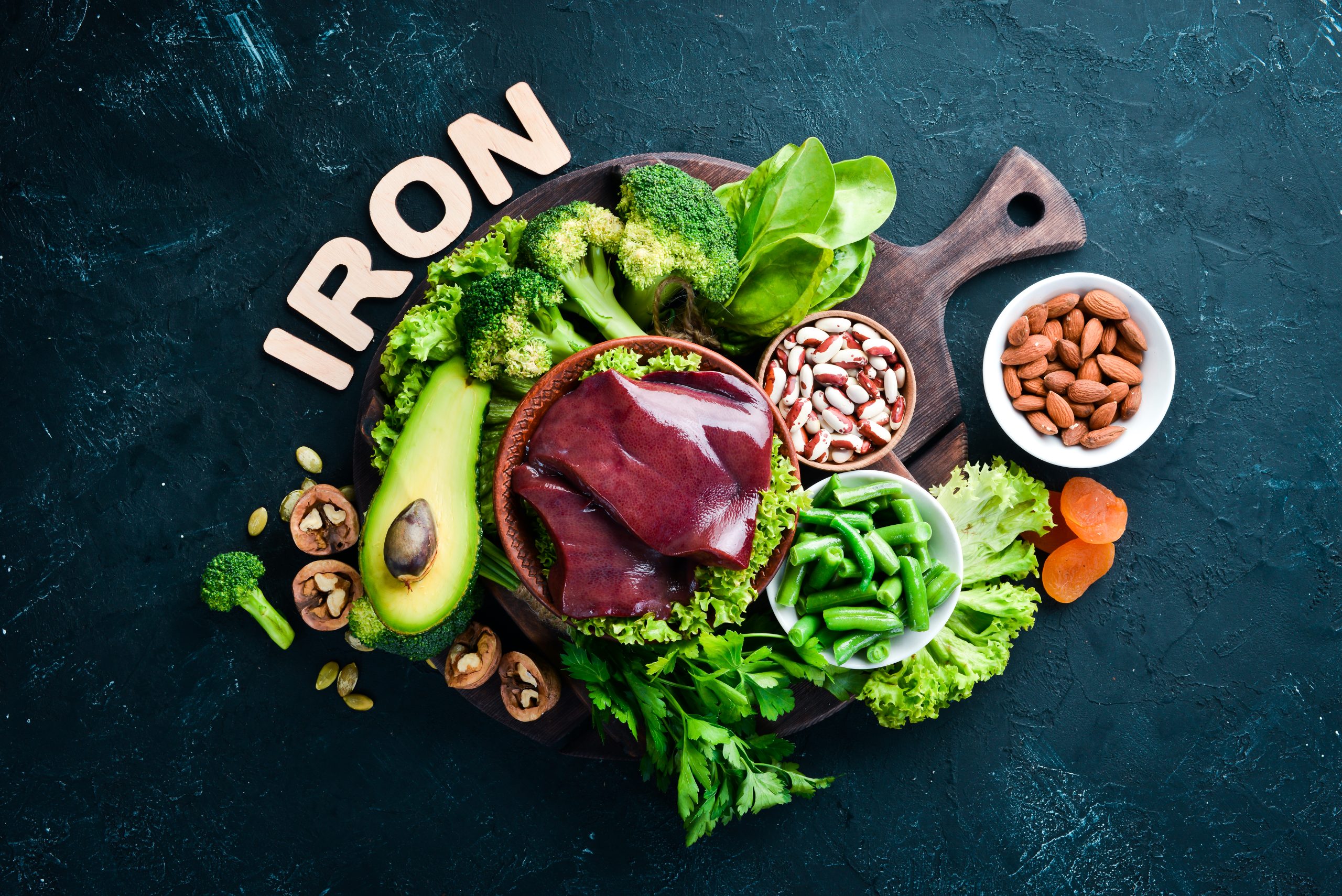Can Iron Supplements Really Aid In Conception? Let’s Take a Look!!
The amount of iron a pregnant woman needs to consume is roughly two times what she would normally consume. In her womb, a woman uses extra iron to produce extra blood for their developing fetuses during pregnancy.

Image: freepik.com
A classic list of iron-rich foods includes:
- Chicken
- Oysters
- Almonds
- Soybeans
- Kidney beans
- Lentils
- Raisins
- Cereal
- Oatmeal
The role of iron in the human body
Hemoglobin, the component of blood that carries oxygen through the body, is made from iron, which is used by the human body to produce extra blood. It is also crucial for pregnant women to transport oxygen and produce blood for their developing fetuses.
It has been found that adequate iron levels can prevent or limit anemia symptoms. A person with this condition is tired and may suffer from other health problems as a result of fewer red blood cells in their bodies. If anemia is not treated during pregnancy, a woman runs a higher risk of preterm delivery or delivering a low-birth-weight baby.
The types of iron that can be obtained from food
Depending on what you eat, you will get two types of iron.
- Meats like chicken and fish contain heme iron, which the body absorbs best.
- Many vegetables contain non-heme iron, such as beans, spinach, tofu, etc.
Enhancing Fertility with Iron
Despite the importance of iron for pregnancy, there isn’t much evidence that it increases fertility, as studies in this area have not shown consistent results.
It was found in research conducted in the United States that heme iron, a constituent of meat, does not affect conceiving time for women. Although, women who are insufficient in iron due to heavy menstruation may benefit from non-heme iron; Which can be found in vegetables and dietary supplements.
A Word From Hegde Fertility:
An increase in plant-based foods rich in non-heme iron can help improve conceiving chances in women who have given birth in the past and have experienced heavy or short menstrual cycles.
It might be helpful to check the iron levels of one’s body with a physician or fertility specialist before trying to conceive.


